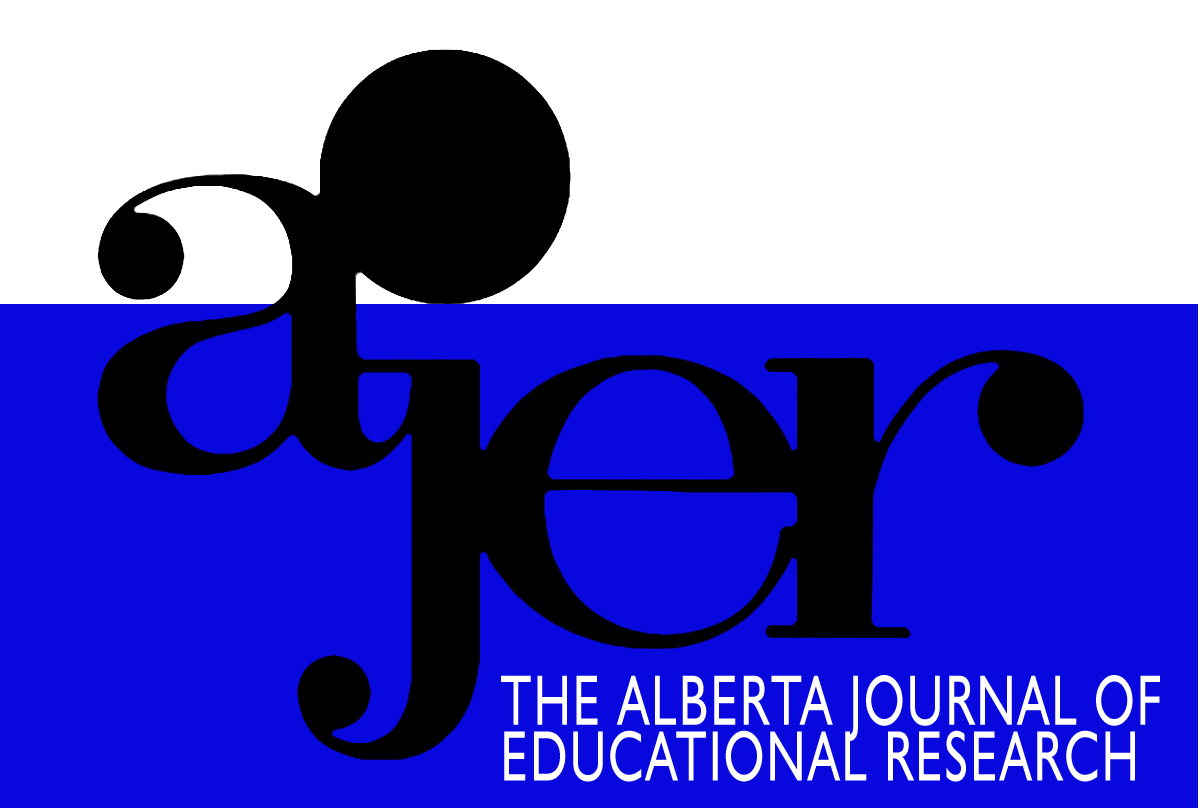Assessment of Student Problem-Solving on Ill-Defined Tasks
DOI:
https://doi.org/10.55016/ojs/ajer.v45i4.54712Abstract
Investigations of formal problem-solving are conducted with the expectation that they will predict or at least help understand informal or everyday problem-solving. For instance, if a student scores well on a multiple-choice physics exam, the expectation is that the student will also do well on an everyday physics problem. Traditionally the evaluation of problem-solving skills in educational testing and cognitiw psychology has been dominated by formal, objectively scored tests, for example, multiple-choice tests (Garnham & Oakhill, 1994; Hambleton & Murphy, 1992). The relationship between formal and informal processes is questionable, however (Galotti, 1989). Formal tests may not elicit the same cognitive processes as informal tasks because they lack the process authenticity of informal tasks (Royer, Cisero, & Carlo, 1993). To address the lack of process authenticity, problem-solving skills can be directly evaluated using tasks that are "ill defined" and therefore more likely to elicit the cognitive processes associated with informal, everyday tasks. The purpose of the present study was to construct informal, performance tasks to evaluate both junior and senior high school students' problem-solving in mathematics. The task for students was to evaluate other students' solutions to two questions in mathematics. Results indicate that higher-achieving students generally preferred responses reflecting multiple approaches to problem-solving. A smaller number of students were also interviewed individually and asked to think aloud as they evaluated the solutions. Results indicate that students found multiple approaches to problem-solving desirable, while at the same time exhibiting problem-solving biases.Downloads
Published
Issue
Section
License
UNIVERSITY OF ALBERTA COPYRIGHT LICENSE AND PUBLICATION AGREEMENT
If accepted, authors will be asked to sign a copyright agreement with the following points:
A. Where there is any inconsistency between this Copyright License and Publication Agreement and any other document or agreement in relation to the same subject matter, the terms of this Agreement shall govern.
B. This document sets out the rights you are granting in relation to publication of your article, book review, or research note entitled (the “Article”) through inclusion in the academic journal titled Alberta Journal of Educational Research (the “Journal”) published through the Faculty of Education, representing the Governors of the University of Alberta (the “Journal Editor”).
C. There will be no payment to you for this publication and grant of rights. In consideration of the agreement to publish the Article in the Journal:
1. You are warranting that:
- the content of the Article is your original work, and its content does not contain any material infringing the copyright of others; or, where the Article is not entirely your original work, you have obtained all necessary permissions in writing to grant the rights you are giving in this agreement;
- the content of the Article does not contain any material that is defamatory of, or violates the privacy rights of, or discloses the confidential information of, any other person;
- the Article has not been published elsewhere in whole or in part, and you will not allow publication of the Article elsewhere without the consent of the Journal Editor;
- the names of all co-authors and contributors to the Article are:
2. You agree to license the copyright in the Article to the Journal Editor, on a worldwide, perpetual, royalty free basis; and to the extent required by the terms of this agreement. You shall retain the right at all times to be acknowledged as the/an author of the Article.
3. You further agree that the Journal Editor has the entitlement to deal with the Article as the Journal Editor sees fit, and including in the following manner;
- The right to print, publish, market, communicate and distribute the Article and the Journal, in this and any subsequent editions, in all media (including electronic media), in all languages, and in all territories, ing the full term of copyright, and including any form of the Article separated from the Journal, such as in a database, abstract, offprint, translation or otherwise, and to authorize third parties to do so;
- The right to register copyright of the Journal;
- The right to edit the Article, to conform to editorial policy as the Journal Editor sees fit.
4. If any co-author or contributor to the Article does not sign this agreement, the Journal Editor reserves the right to refuse to publish the Article.



